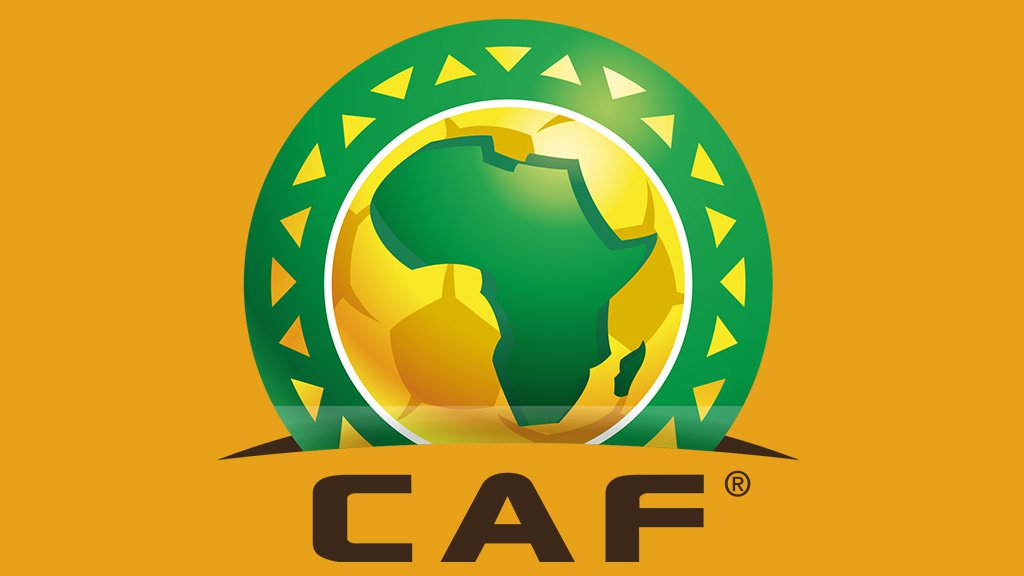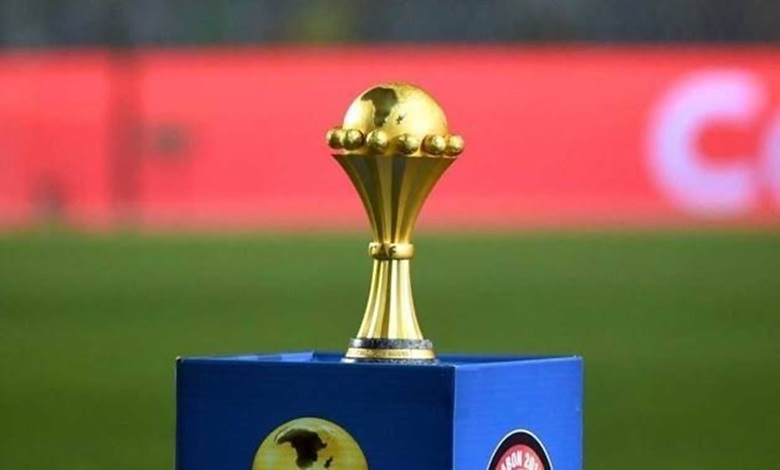October 20, (THEWILL) – The recent boycott of an Africa Cup of Nations (AFCON) qualifier match between Libya and Nigeria has created significant disruption in the qualifying series for next year’s tournament in Morocco. The Super Eagles refused to play their scheduled match in Libya after the mistreatment they endured in the host country’s airport, prompting an investigation by the Confederation of African Football (CAF) and leading to the fixture’s postponement.
The incident began with the Nigerian team’s arrival in Libya for their return leg AFCON qualifier. The chartered ValueJet of the Super Eagles was unexpectedly diverted from Benghazi to Al Abraq International Airport, over two hours from the original destination. The Nigerian delegation then endured a challenging experience, stranded at the airport for more than 15 hours without access to basic necessities like food, water, or proper rest facilities.
Super Eagles captain William Troost-Ekong shared details of the situation on social media. He described the team being left in an “abandoned airport” without phone connections or adequate provisions. Images from the captain’s post showed how the players resorted to sleeping on airport benches or floors, raising concerns about their readiness for the upcoming match.
The Nigerian Football Federation (NFF) swiftly condemned the treatment of their national team. NFF officials reported that local authorities failed to provide transport or assistance, forcing them to seek alternative arrangements. The situation escalated to a diplomatic issue, with the Nigerian Government getting involved. Nigerian Minister of Sports Development, Senator John Enoh, described the incident as “deeply disturbing and completely unacceptable,” stating that it violated international sporting protocols and principles of hospitality.
In the light of these events, the Super Eagles decided to boycott the match. They cited concerns over their safety and the inadequate conditions they faced. This decision was not made lightly, given the potential consequences for Nigeria’s AFCON qualifying campaign and possible sanctions from CAF.

The Libyan Football Federation (LFF) denied accusations of deliberate interference or sabotage. In an official statement, the LFF attributed the issues to routine air traffic control protocols, security checks and logistical challenges. They emphasised that such incidents can occur due to standard airport procedures worldwide and are not uncommon in international air travel. They also alluded to the fact that their own team encountered a similar experience in Nigeria.
Faced with this complex situation, the Confederation of African Football has decided to postpone the match pending a thorough investigation. CAF has requested answers from both the Libyan and Nigerian football federations, setting a deadline of October 20 for the submission of all relevant documents related to the incident.
The decision to postpone rather than immediately award a forfeit or reschedule the match shows CAF’s commitment to a fair and thorough fact-finding process. However, this also creates challenges for the tournament schedule and could significantly impact both teams’ qualification campaigns.
CAF now faces several options in resolving this dispute. They might consider rescheduling the fixture at a neutral venue to ensure both teams compete under fair conditions. This would require careful planning to find a suitable date within both Nigeria’s and Libya’s schedules as they prepare for AFCON 2025.
Another possibility is that CAF could award the points to Libya, viewing Nigeria’s withdrawal as a forfeit under CAF rules. This outcome would boost Libya’s standing, as they currently occupy the bottom position in their group with just one point.
Both nations could potentially face sanctions from CAF. Nigeria might incur fines or point deductions for failing to fulfill their fixture. Libya, on the other hand, could face punishment for their inability to provide adequate logistical support for the visiting team.
The outcome of this investigation and subsequent decision will have far-reaching implications for African football. It will establish a precedent for handling similar incidents in the future and could influence teams’ willingness to travel to certain countries for international fixtures.
This incident brings to light several important issues in African football. It underscores the need for improved infrastructure across the continent to support international football events. The problems faced by the Nigerian team raise questions about the safety and security measures in place for visiting teams, which is crucial for the smooth running of international competitions.
The miscommunication surrounding the case of the Libyan team and logistical failures in the case of the Super Eagles point to a need for better coordination between host nations, visiting teams and CAF. The involvement of government officials from both countries demonstrates how football incidents can quickly escalate into diplomatic issues.
CAF’s handling of this situation will be crucial in maintaining the integrity of the AFCON qualifying process and setting standards for future incidents. The football governing body may need to consider implementing stricter regulations for host nations, including minimum standards for accommodation, transportation, and security for visiting teams.
Establishing clear protocols for communication between host nations and visiting teams could help prevent future issues. Ensuring that all logistical arrangements are confirmed well in advance of travel is essential for the smooth operation of international fixtures.
The boycott of the Libya-Nigeria AFCON qualifier highlights the complex interplay of sports, politics and diplomacy on the continent. It similarly points to the challenges that must be overcome to ensure the continued growth and success of African football on the international stage.
While the incident has caused significant disruption of the qualifying schedule and controversial debates on both sides, it also presents an opportunity for positive change. By addressing the issues raised by this boycott, CAF and the national football associations of Africa can work towards creating a more robust, fair, and safe environment for international football on the continent.
The coming weeks will be crucial in determining the path forward and shaping the future of African football. The football community awaits CAF’s final decision with keen interest, understanding that its implications will extend far beyond this single incident and the decision of the Super Eagles to boycott the tie entirely.
Jude Obafemi is a versatile senior Correspondent at THEWILL Newspapers, excelling in sourcing, researching, and delivering sports news stories for both print and digital publications.







